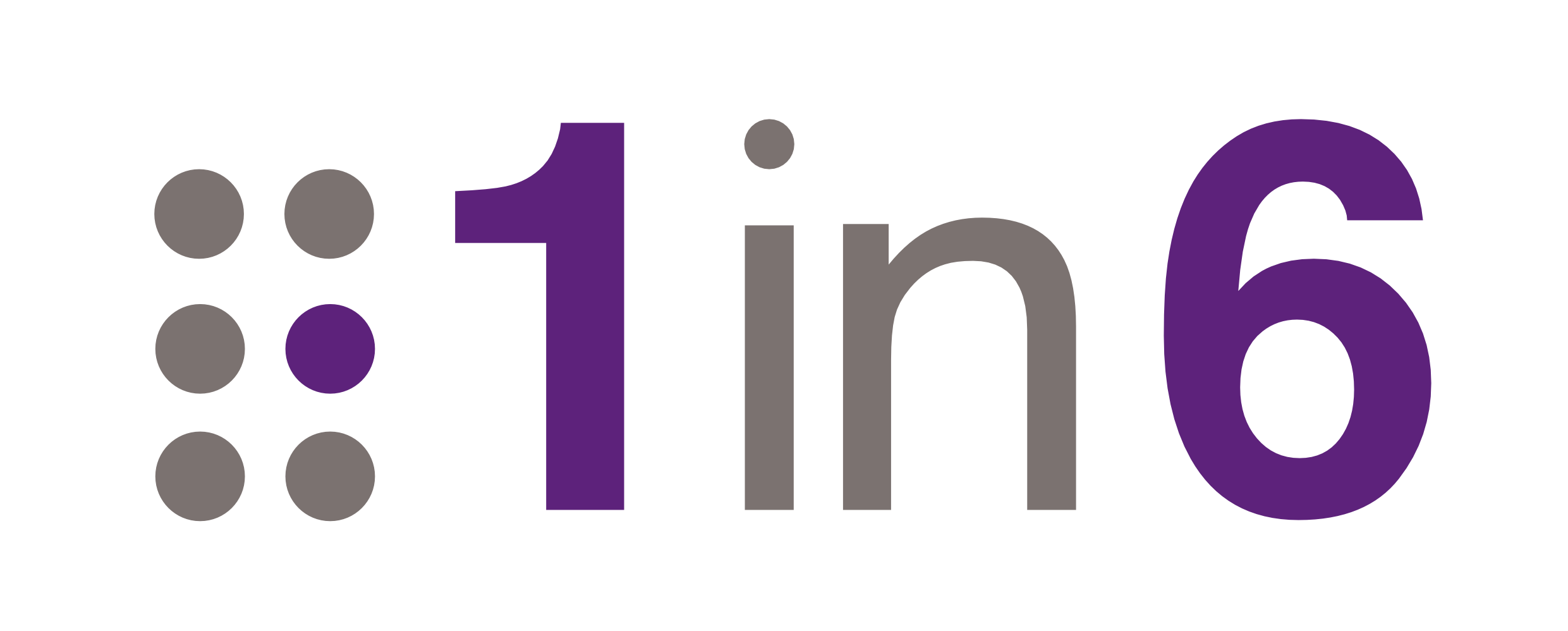Matthew
Matthew was abused by his uncle from a young age. It continued throughout his primary and then secondary school years. He felt helplessly trapped by it all, and completely abandoned by everyone who should have been protecting him.
I began to speak out more publicly about being a “survivor” of sexual abuse. Today, although I still work in TV and theatre, I spent much of my life in activism, encouraging governments to take action to end all forms of childhood sexual violence.
I don’t remember when it started. It was just something that was always going on. My uncle would regularly find a way to get me on my own and do stuff to me, that even at age six I knew wasn’t right. Nowhere was safe. He abused me in our home, in his house, in my Gran’s house, in his car, on holidays, and in countless random locations. I didn’t tell anyone, I think probably because it involved ‘rude’ parts of my body that we didn’t talk about, in our Catholic household or school.
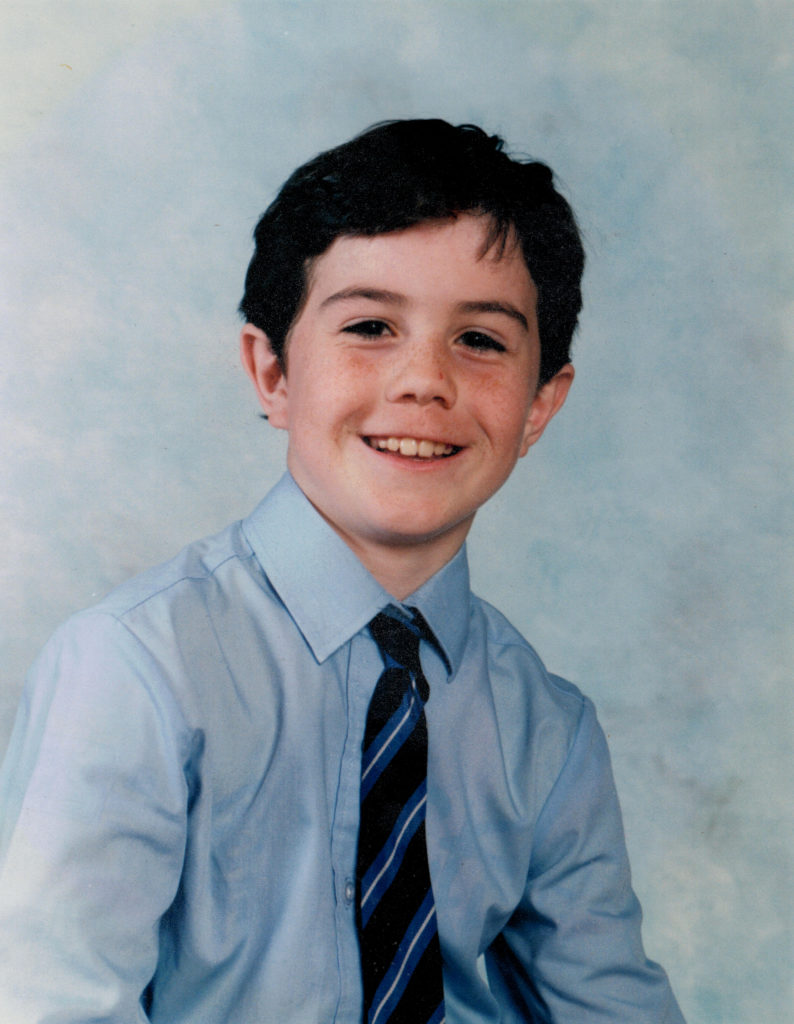
Throughout primary then secondary school, he continued. I continued my silence around it, but I felt helplessly trapped by it all, and completely abandoned by everyone around me who should have been protecting me. I’m sure if I had managed to find the words to tell someone, it may have stopped but I had no language to understand or explain any of it.
It also made me feel like an imposter within my own family, as they all believed in God and said that praying would help protect us. I knew that didn’t work. I had evidence. For the decade of abuse, no divine intervention ever stopped him, which meant by age nine I just had to pretend to believe too, during services and while celebrating Easter or Christmas. I’m the youngest of seven children, but I felt completely alone in a busy house. I spent all my energy pretending everything was fine so that no one would be upset.
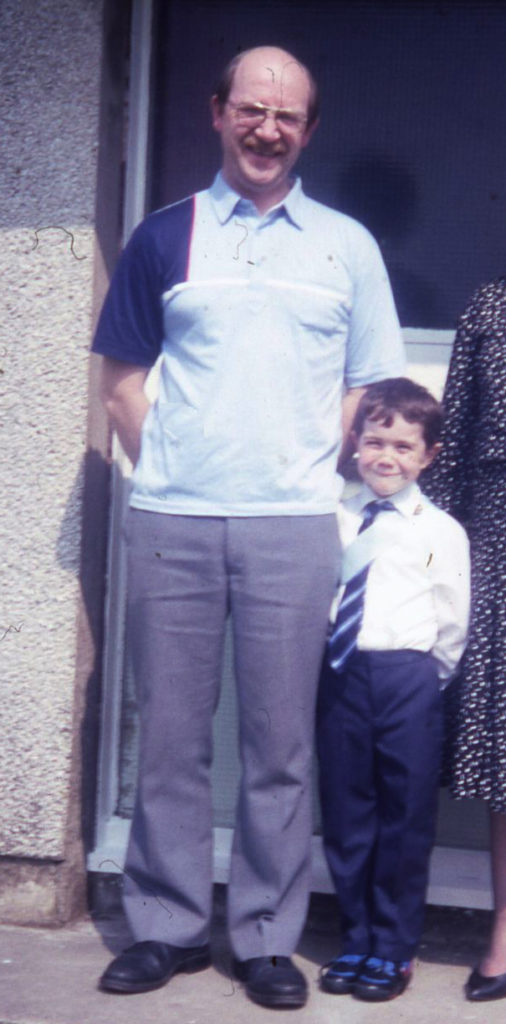
He was never violent. He never threatened me. He was actually extremely kind to me, always buying my toys or sweets or practically anything I wanted. He was my Godfather. My parents chose his name for my middle name.
By age thirteen, I was well into puberty and furious that he was intrusively witnessing the private progress of that most intimate time in any child’s life. His comments about my body changes filled me with rage, but I had nowhere to vent it. I just became more silent, apart from in class, where I became the loudest clown, becoming ever more lost in pretending everything was fine. In truth, I was becoming suicidal.
Worried I might kill myself, I attempted to tell a teacher what was going on, but I couldn’t bring myself to say it. Nothing changed.
March 24th, 1996. He trapped me in his house, again. This time having promised me that my other uncle was there, which meant he wouldn’t touch me, but of course it was just us, again. I don’t know how or why but that day, I finally stood up to him. I was terrified, bracing for him to hit me but he crumbled. He wept and begged me not to tell anyone. He never touched me again, but he was still around our family, so having to keep pretending nothing happened continued for a few more years.
After I turned fifteen, my older brother had a breakdown. He was twenty-five. I learned while he was in the hospital that he too had been abused by the same uncle, and so had two of our other brothers. All four of us had been living with this in silence, right next to each other yet oblivious. From that moment, our uncle was never allowed back into our home, which was a relief, but no one went to the police. Instead, the silence about it all became even heavier.
Once I turned seventeen, I left home, found a therapist, and finally began talking about it. I knew that if I tried to just carry it all alone, as my older brother had for all those years, eventually I would collapse too. I believe my decision to seek help, spurred on by witnessing my brother’s breakdown, saved my life. That’s not an exaggeration. If you’re considering reaching out for help, you will not regret it. You’ll only wish you had done it sooner.
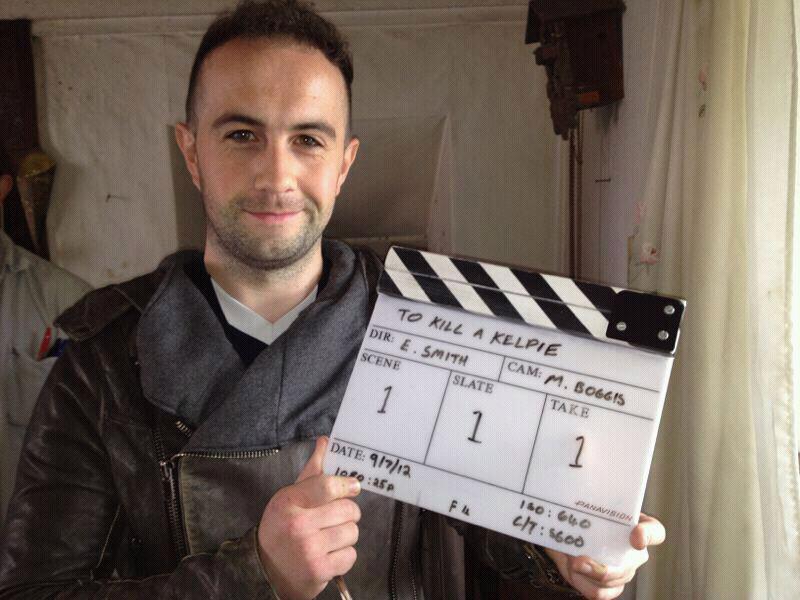
After university, now working as an actor and writer in TV and theatre, I realised our uncle was still working as a teacher, in direct contact with countless vulnerable children. I was now twenty-five, and knew I had to stop him. Our silence was dangerous. It’s not the victim’s responsibility to stop the abuser, however, I do feel it is every adult’s responsibility to protect children, whom they know are in danger.
It was still very difficult to open the discussion with my brothers, who were all at very different stages of their own healing, but as I was now a playwright, so I decided to write a play about men who had been sexually abused in childhood. My brothers came to see the play, and I’d invited an origination called “The Moira Anderson Foundation” to host a post-show discussion. We spoke openly together about it all, for the first time in twenty years. Within weeks we spoke to the police. Our uncle was arrested, charged, prosecuted, and sentenced.
I then began to speak out more publicly about being a “survivor” of sexual abuse. Today, although I still work in TV and theatre, I spent much of my life in activism, encouraging governments to take action to end all forms of childhood sexual violence. I wrote a book about my journey, from victim to activist, called “The truth that no one tells teenagers”, a guide to navigating your own recovery, which I hope will reach the hands of every child and adult survivor who has yet to take back their lives after suffering abuse. Healing is a direction, it’s not a destination. I still sometimes need to talk, but I always ask for help whenever I know I need it, because my uncle is dead now. I’m not letting him or his selfish perverted actions take away anymore of what it left of my life.
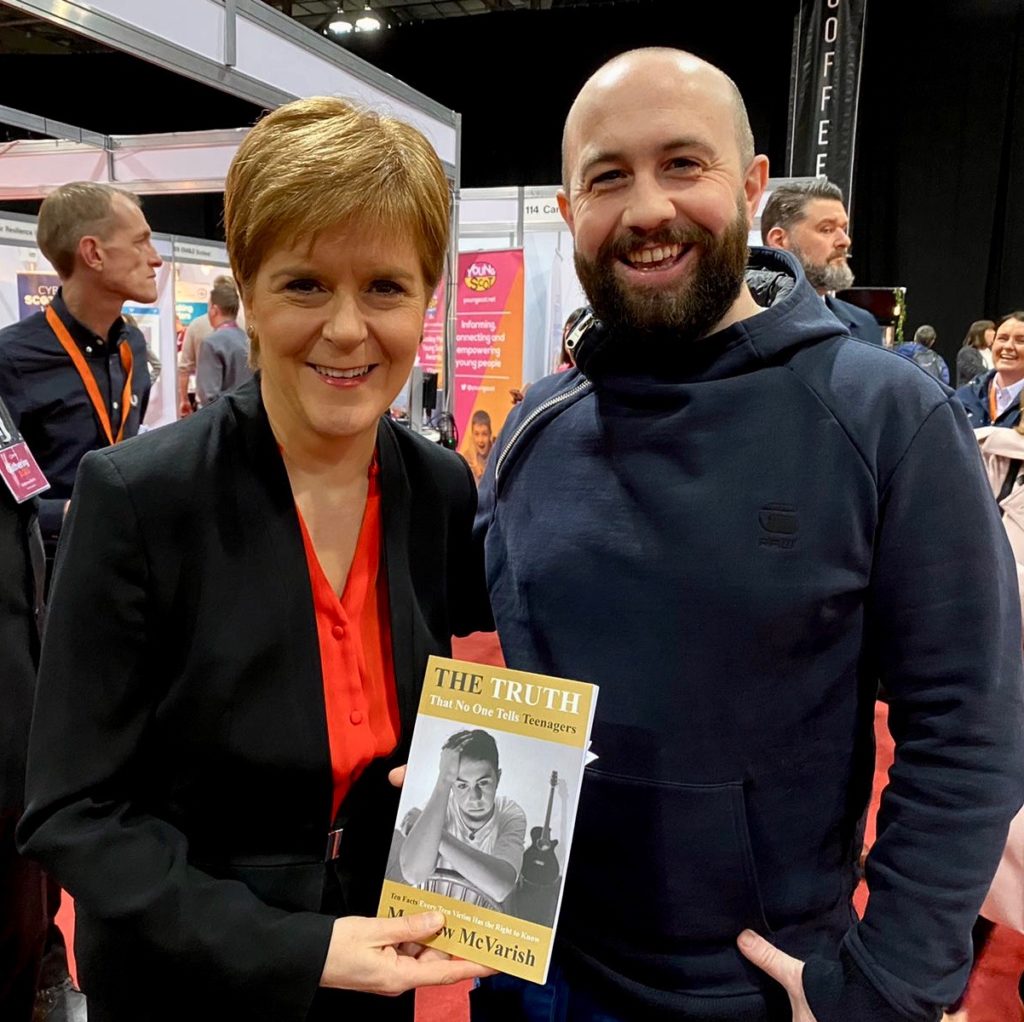
It all boils down to one decision, that every victim must make for themselves, the choice of whether or not to pursue healing and take back your life, or keep suffering.
